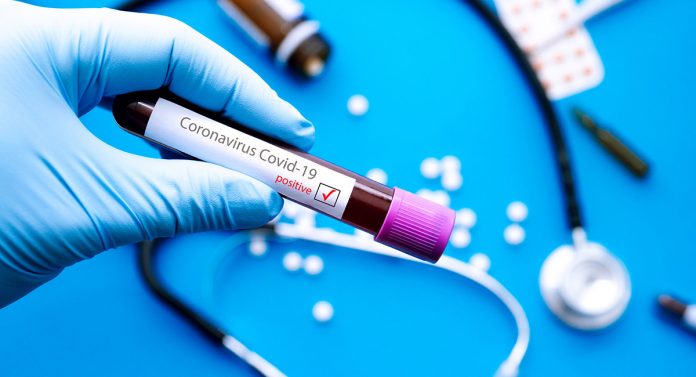In mid-March a Palo Alto, California, woman’s COVID-19 worsened to pneumonia while being treated at Stanford Hospital. She had already suffered from asthma and diabetes.
In a trial, doctors decided to give her the drug remdesivir, which has been well established as safe and used to treat Ebola. It worked; she’s now home recovering wonderfully.
The outstanding question is: Is it helpful for COVID-19? The answer is: Yes, at least for some coronavirus victims.
So why not let the drug be given to all COVID-19 patients rather than just in trials, as was the case with the Palo Alto woman’s trial? They have everything to gain and nothing to lose. The drug sometimes cures pneumonia and possibly prevents it in the first place.
Governmental medical science, tragically, does not work this way. The Food and Drug Administration requires that, before a drug can be prescribed, it must clear three sets of clinical trials to prove that it is safe and effective; that usually takes a year.
COVID-19 patients usually have anywhere from a few days to a few weeks to live or die. Why can’t patients with the coronavirus take remdesivir to see if it helps?FDA approval for efficacy is largely pointless.
I learned of this sad FDA policy the hard way. I was on the board of the Abigail Alliance that sued the FDA when a terminal cancer patient was denied the right to experimental drugs even though the FDA had found the them clinically safe and promising.
Our argument was that if we have a constitutional right to defend ourselves against an attacker, why can’t we have that same right of self-defense when the attacker is cancer? I based this logic on my own wife’s experience: she had terminal lung cancer and was given an experimental drug that extended her life and eliminated her chronic pain.
Our case was heard in the D.C. Circuit Court of Appeals on August 7, 2007. We lost and would likely lose today because the FDA still mandates three clinical trials to prove drugs safe and effective.
Dr. Anthony Fauci of the National Institute of Allergy and Infectious Diseases cites frequently the necessity of this three-clinical-trial process referring to any other drug cure of the coronavirus as merely “anecdotal.”
Judge Judith Rogers supported our case and pointed out a cruel irony: In rejecting our appeal to extend cancer patients’ lives, said the judge, “the right to try to save one’s life is left out in the cold despite its textual anchor in the right to life.”
Chief Judge Douglas Ginsburg also supported our case. He argued: Do we have a constitutional “right to eat meat” when the Constitution is silent on the matter?
It is silent on drugs, which does not mean that we can’t take them. It is a right we are given by the Ninth Amendment: “The enumeration in the Constitution, of certain rights, shall not be construed to deny or disparage others retained by the people.”
It is tragic that a patient with COVID-19 and pneumonia or difficulty breathing cannot be given the remdesivir, which is safe and, in some cases, effective.
It sent the Palo Alto woman home rather than to the morgue.
